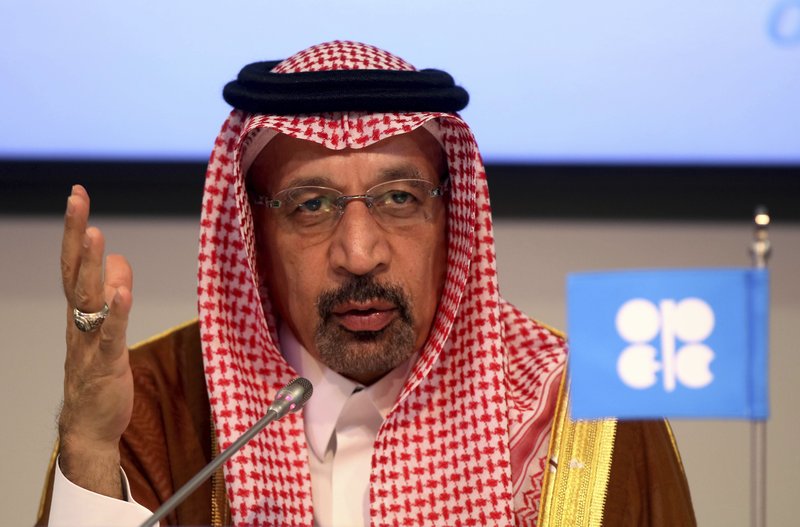Prince Abdulaziz bin Salman, the Saudi Arabian energy minister, stated that the current OPEC+ agreement on oil output would be locked in until the end of the year and added that he was still cautious about expectations for Chinese demand.
According to the minister, the oil group cannot increase output based solely on early signals, according to an interview with Energy Aspects.
OPEC+, which consists of OPEC and its allies as well as Russia, decided to reduce their daily oil production targets by 2 million barrels (bpd) until the end of 2023.
“The agreement that we struck in October is here to stay for the rest of the year. Period,” he said.
OPEC raised its 2023 global oil demand growth forecast this week on the back of China relaxing COVID restrictions, but Prince Abdulaziz said that more assurances were needed.
Read Also: eu-seeks-long-term-remedies-for-energy-crisis
“No matter what trends you are looking at, if you follow the cautious approach not only would you see the beginning of a positive trend to emerge but you need to make sure that these positive signals of this market can be sustained,” he said.
“The Chinese economy’s unlocking and because of that you will have demand and what have you, but we all went through cycles of openings and lockdowns and therefore what assurances (would we have) and the world have that none of what we went through, all of us, every country, will not be repeated?”
Prince Abdulaziz also said it was still unclear how much longer global monetary and fiscal tightening would continue.
“The jury is still out on how much more inflation may come and how the central bankers will react to it given their mandate,” he said.
The prince blamed the Paris-based International Energy Agency (IEA) and its initial predictions for a 3 million barrel per day (bpd) fall in Russian production for the U.S. strategic petroleum reserve (SPR) releases last year.
“That is a decision that is not mine, I respect the decision,” he said, referring to the U.S. administration’s sale of oil from its reserves last year to tame oil prices that had risen on the back of Russia’s invasion of Ukraine.
“The IEA was responsible for it because of the screaming and scaring that they had done on how much Russia will lose in terms of its production.”
Story adapted from Reuters
